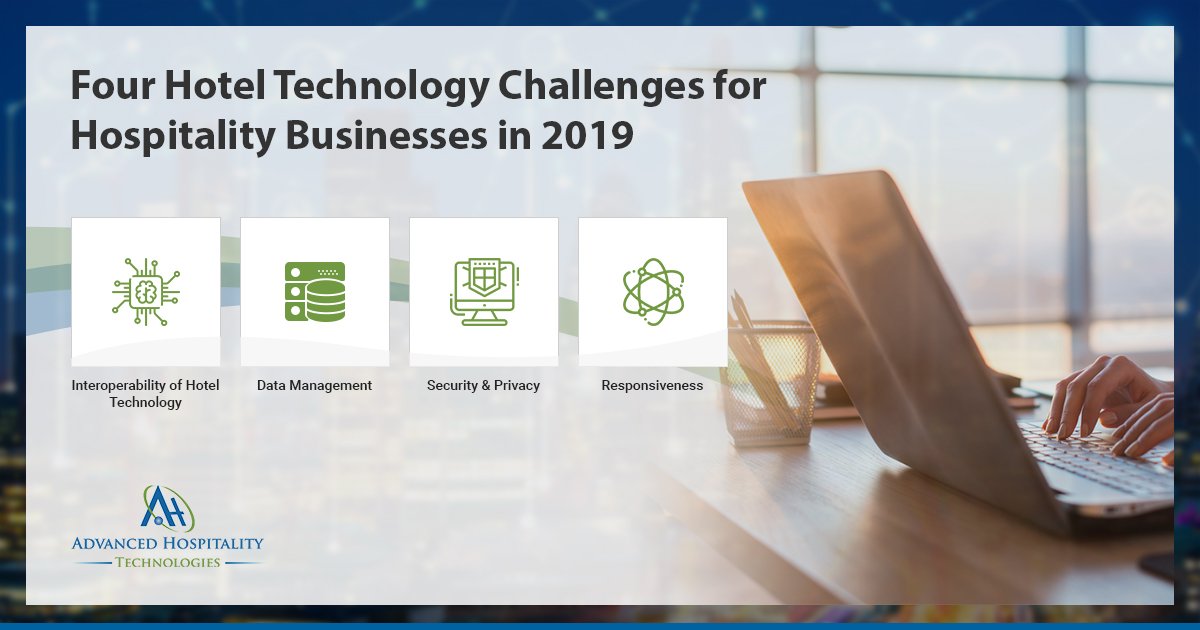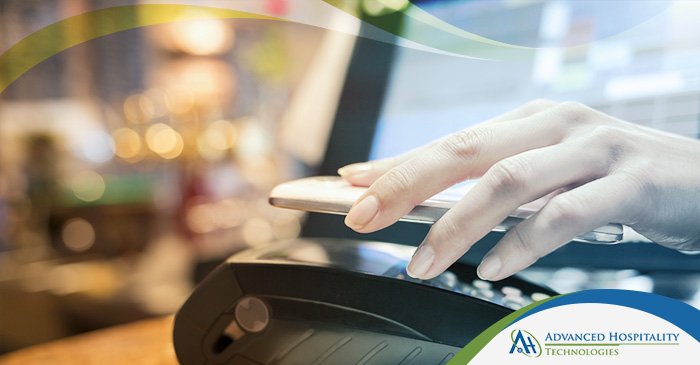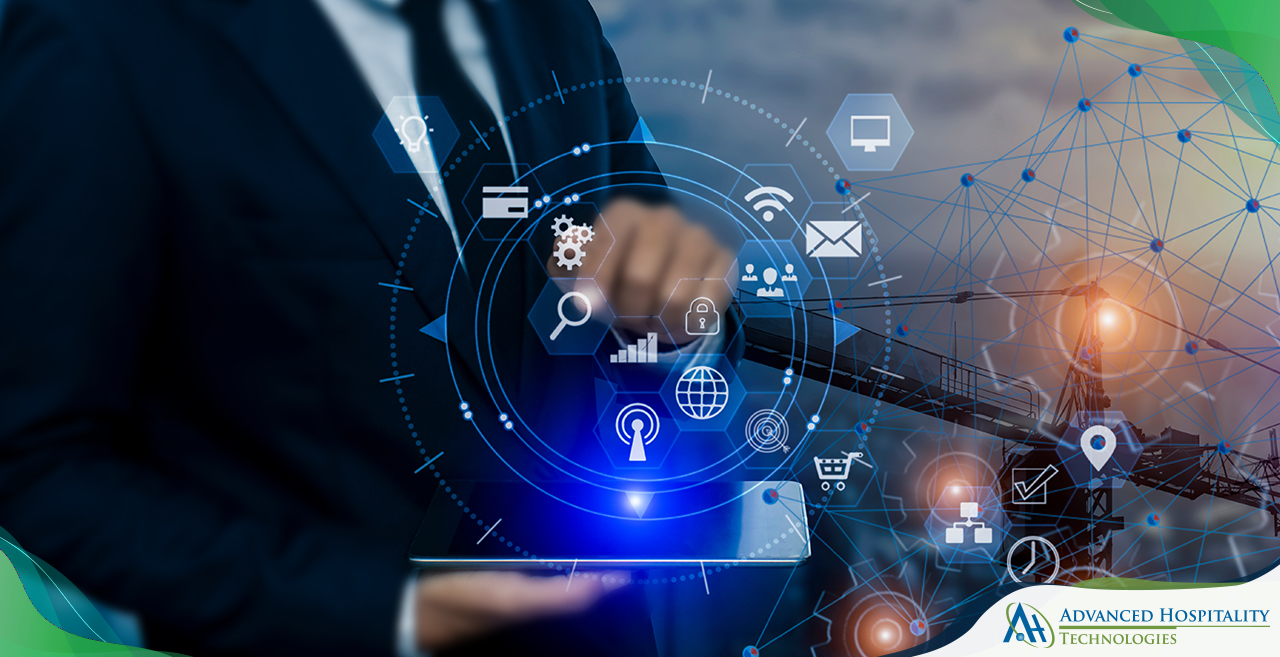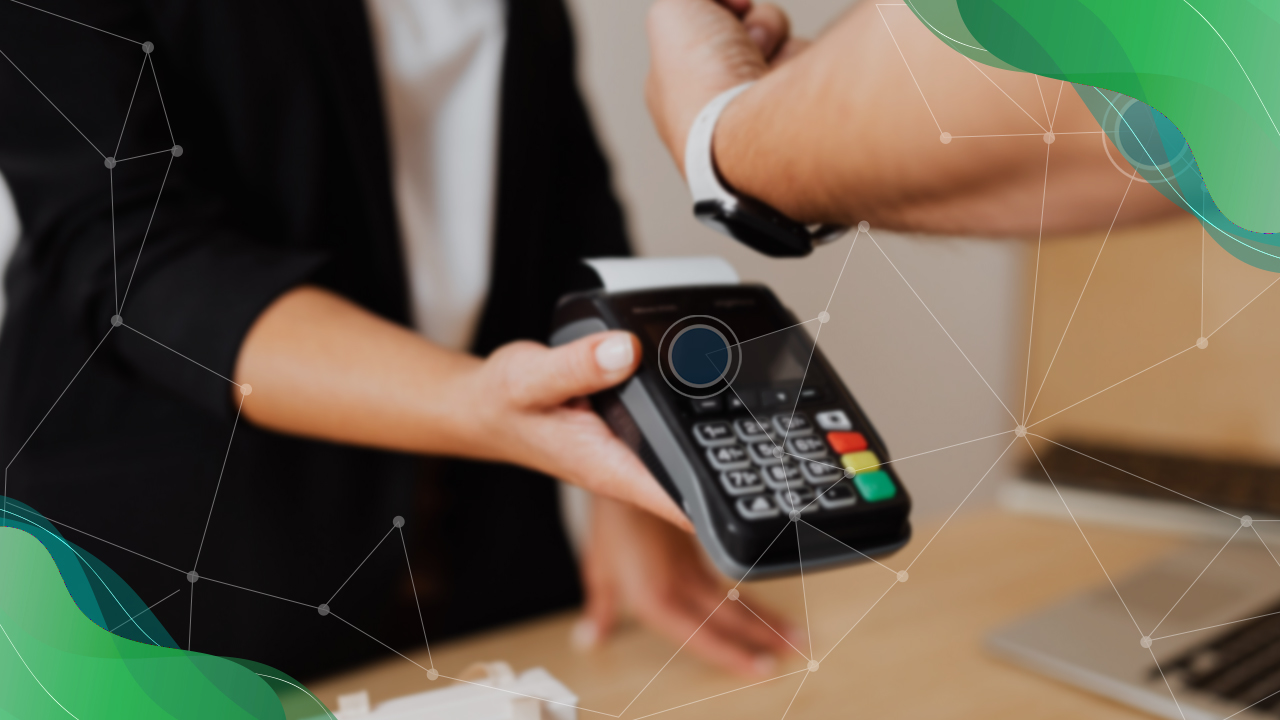Technology in the hotel industry has done great wonders to help businesses achieve a competitive edge while delivering premium experiences to all their guests. This technological transition, however, brings with it several challenges that hotel owners & management should be informed about.
Today, we take a look at the brilliant research paper, Technology in the Hospitality Industry: Prospects and Challenges, by Prasanna Kansakar, Arslan Munir, and Neda Shabani. The research team analyzes the hospitality industry and the massive technology transfer happening within. While they identify both prospects and challenges, we are in particularly interested in the issues that technology faces in the hospitality business.
In the 2018 research paper the researchers identify four major challenges for hospitality technology:
- Interoperability
- Data Management
- Security & Privacy
- Responsiveness
Interoperability of Hotel Technology Systems
Due to the lack of standardization and specialized hospitality technology solutions, most hotels tend to develop their own proprietary solutions to manage assets. Popular hospitality technology solution providers like ORACLE do pitch in with their complex PMS and back office solutions, there are however diverse hotel management solutions available across the world.
The issue with proprietary solutions is that they do not have the potential to be implemented across all hotel franchises. Hospitality businesses cannot centralize management and require dedicated solutions to make different technologies work in cohesion.
The inoperability of hotel technologies can impose unwanted restrictions on the service delivery process. Loss of revenue is just one of many repercussions hotels can face due to unorganized technology infrastructures. Inoperability also affects the guest experience, creating conflicts and causing inconvenience that contradicts the service delivery promise especially in branded franchise hotels.
Non-standardized technology can induce added learning times & on-boarding periods for guests. Such technologies can also demonstrate interface issues and compliance risks on guest smart devices. This issue readily highlights the significance of applied technology management.
Data Management
Gathering guest data is essential to the success of any modern business, hotels are no different. Knowing and understanding customers is essential in predicting their behavior, future visits, and demands. New technology applications in hospitality bring more data to hotel databases. Personalization requires significant data gathering, allowing hotels to deliver a unique experience to each individual guest.
Hospitality companies gather data through a plethora of mediums including guest-facing systems, smart devices connected top hotel networks, and satisfaction surveys. Modern hotels must carry technologies capable of collecting & analyzing data from diverse sources. Personalization of services requires ready analysis from back-office systems, profiling guests through smart devices (IoT) as they enjoy the technology experience.
Data management carries great emphasis in European countries, more so than their North American counterparts. While the current US government believes in a more lenient approach towards data retention and privacy, European nations tend to focus more on the confidentiality of personal data. Effective legislation like the European Union’s GDPR (General Data Protection Regulation), and local laws in the UK, Switzerland, Norway, Germany, France etc.
As the amount of data grows within hotel databases, the responsibility of back office management is quadrupled. Growing concerns over data management can only be addressed through leading-edge technology infrastructures. Authorization for data access, network & database security, and centralized database management are major concerns for hotels in the coming age.
Security & Privacy
When delivering highly personalized services, hotels have to track guest preferences, location information, and activity. This gives rise to the very essential and very complex problem storage and protection of guest data. Several news outlets and hospitality professionals have already identified that hospitality companies are one of the most susceptible to data breaches.
Hotel technology infrastructures must ensure that all digital interactions with guests are reinforced through robust security tech & privacy rules. Hotel networks and databases should be equipped with all necessary solutions to secure guest devices, in-room technology, and all IoT devices accessing the hotel network.
With multiple point-of-sale (POS) touchpoints, an even larger number of smart devices, and that data from both demands a secure hotel network. Denying cybercriminals access to the network and preventing them from spying on guest devices is now essential for every business. Hotels must establish practical ‘electronic policies’ and ‘technology strategies’ to add stronger protocols to their technology amenities.
Most hotels are handicapped by the knowledge and expertise they carry on the subject. A more reasonable idea is to consult with a technology management company that offers better insights, suggestions, and security framework designs for hotels.
Responsiveness
What good are hotel technologies if they are inefficient and slow?
An efficient & effective hotel technology must be responsive and should acknowledge guest requests instantly. Digitization of services like room service, housekeeping, laundry, food, etc. has significantly enhanced the responsiveness of service delivery. Encouraging the use of guest-facing systems and mobility software eliminates time losses and reduces the need for human interaction where necessary.
Highly optimized & synchronized systems leave almost no gaps when fulfilling guest requests. These technological marvels can even complete guest requests faster than hotel staff at times. This efficiency delivers a seamless guest experience while improving the responsiveness of technology.
Hotels also need to enhance responsiveness for renovations and routine maintenance. Slow repairs, faulty room technology, and delayed maintenance can lead to unwanted revenue losses. A smart room with a broken WIFI router will not really be the ideal vacation for any tech-savvy guest.
Hotel properties under professional technology management care and those with A.I. powered reporting systems quickly respond to repair & maintenance tasks. IoT technology including sensors and mini-computers are being actively implemented to identify issues as they occur. A responsive hotel tech infrastructure demands stronger resources, simpler network mapping, and seamless synchronization with hotel back office systems.
Conclusion
Hospitality technology may be the most amazing transition to occur in the hospitality industry but remember it does come with a cost. Hotel owners & management are required to be prepared for multiple issues when implementing technology within their assets.
Hotel management & owners must understand the significance of technology infrastructures and applied management of these technologies. Many of these technologies are intertwined while many require individual management, both types though require robust security measures for stable operation.
Advanced Hospitality has helped various hospitality ventures take root and develop their competency with technologies. With over 2 decades of hospitality technology management, we have successfully designed, built, and managed some of the most high-tech hotels in the USA.
Advanced Hospitality Technologies is a leader in Hospitality Technologies. We have an award winning benchmark for providing affordable, reliable and most advanced hospitality Technology Solutions.




